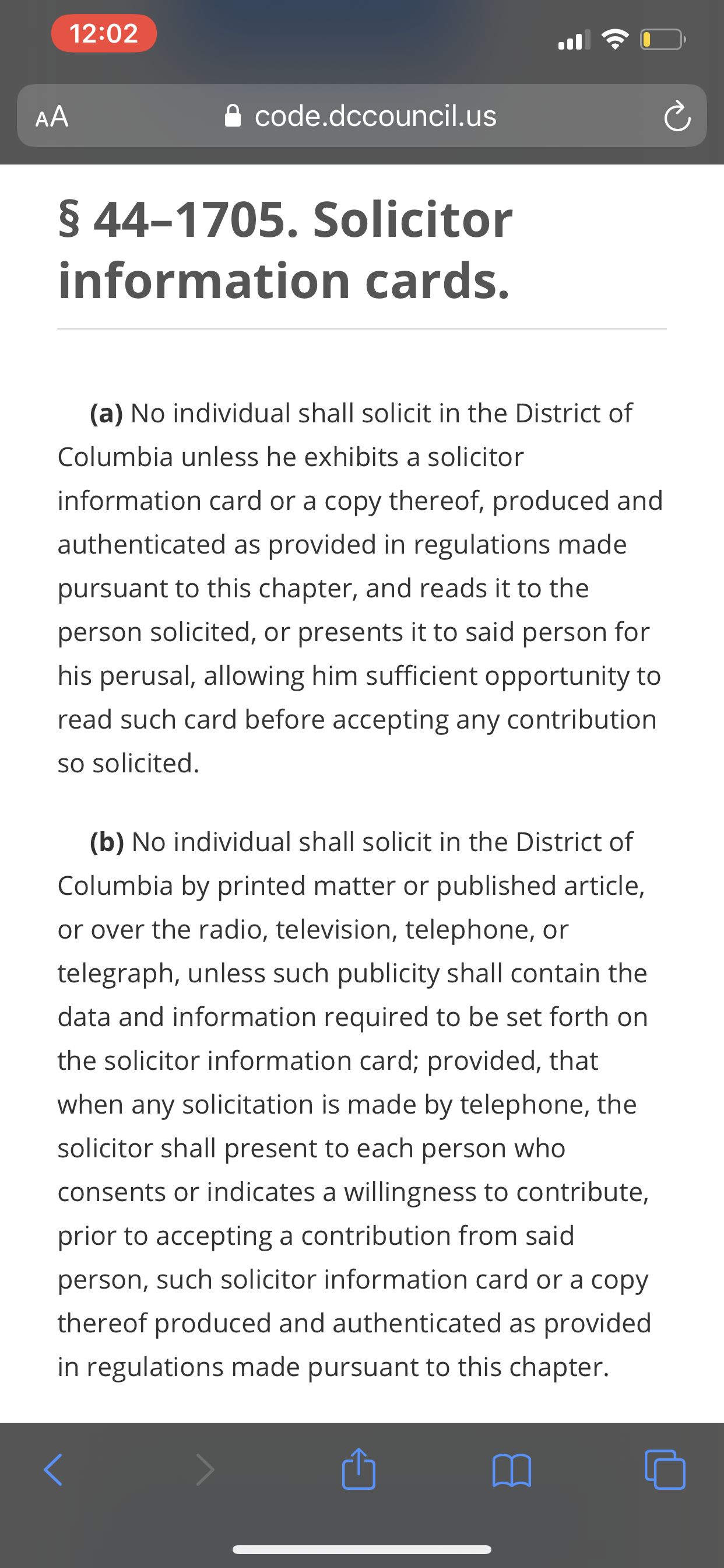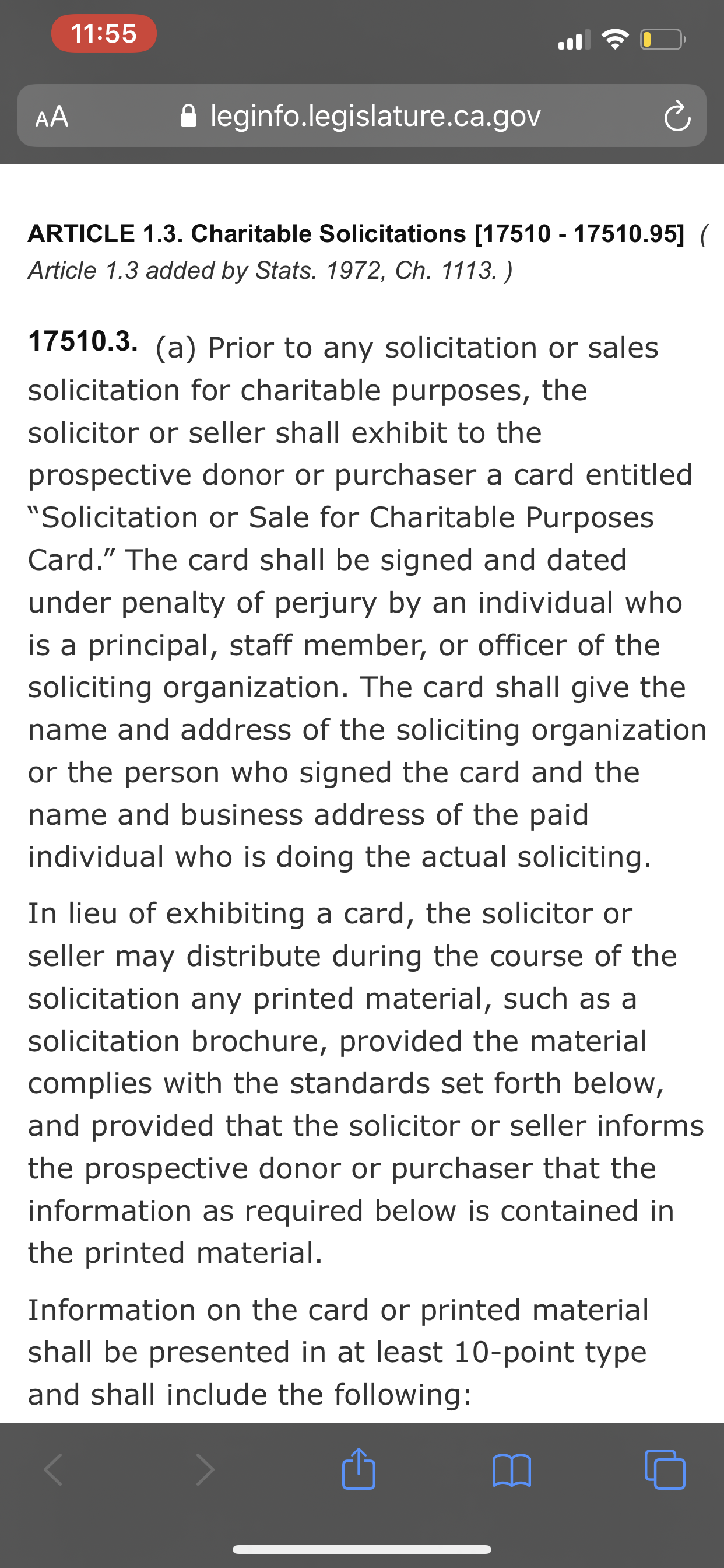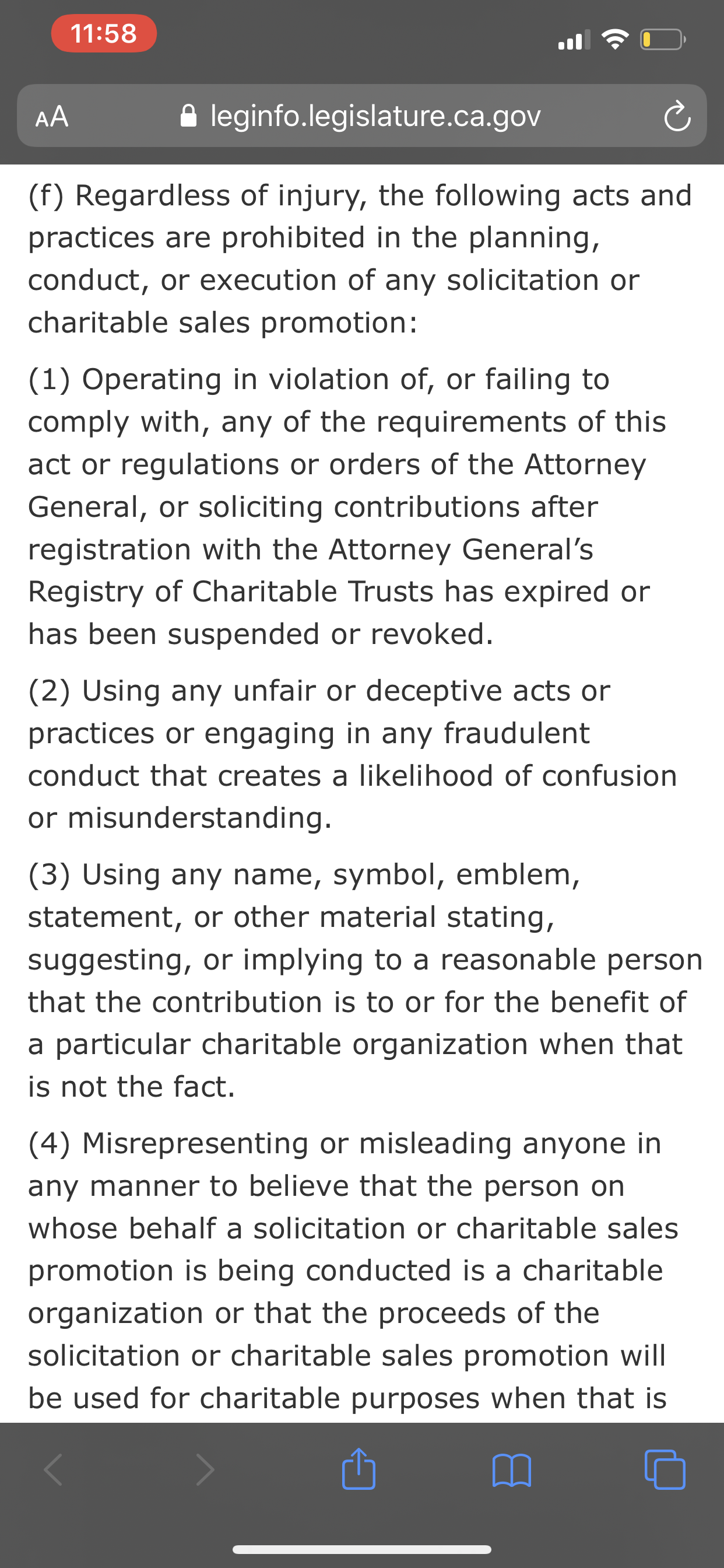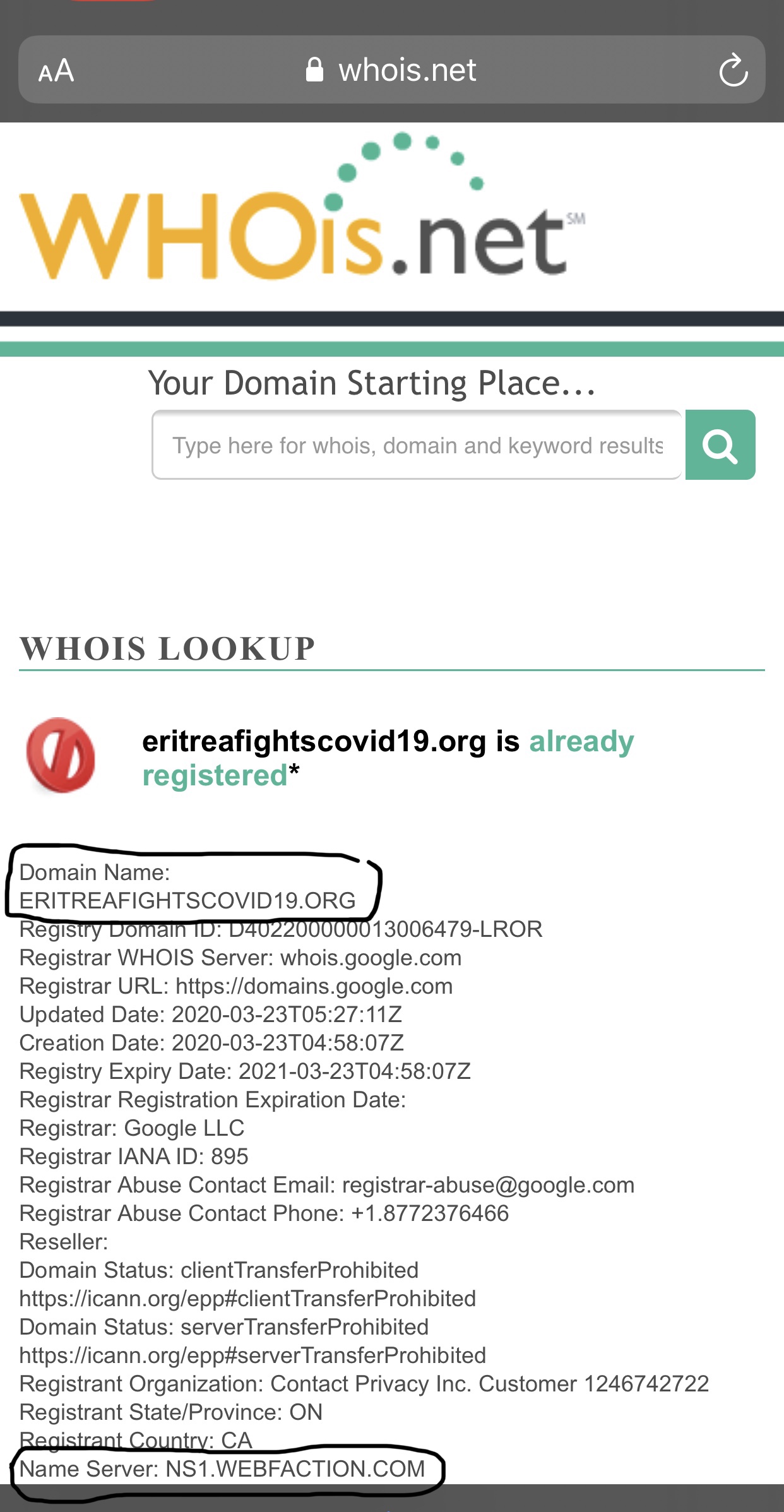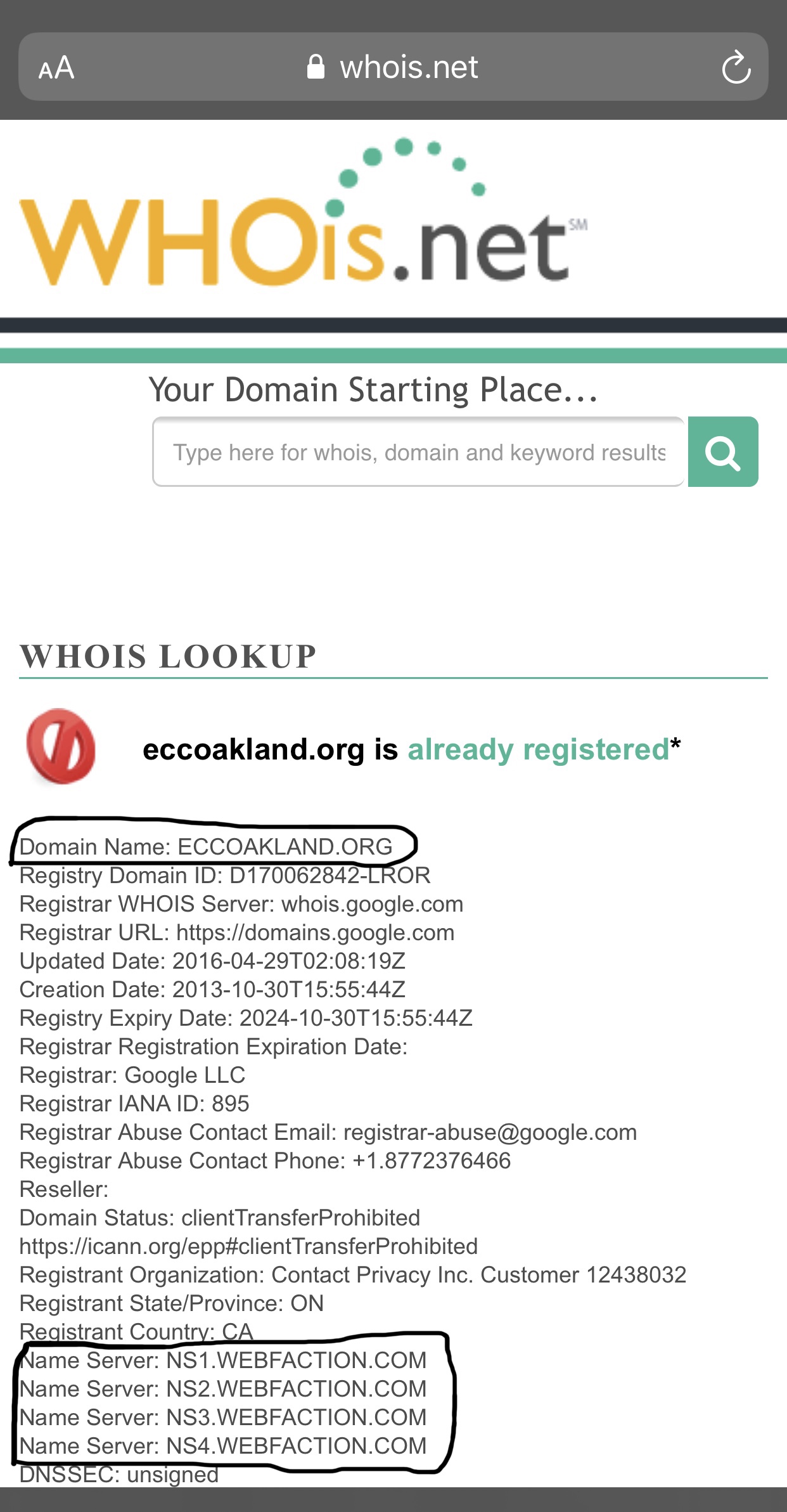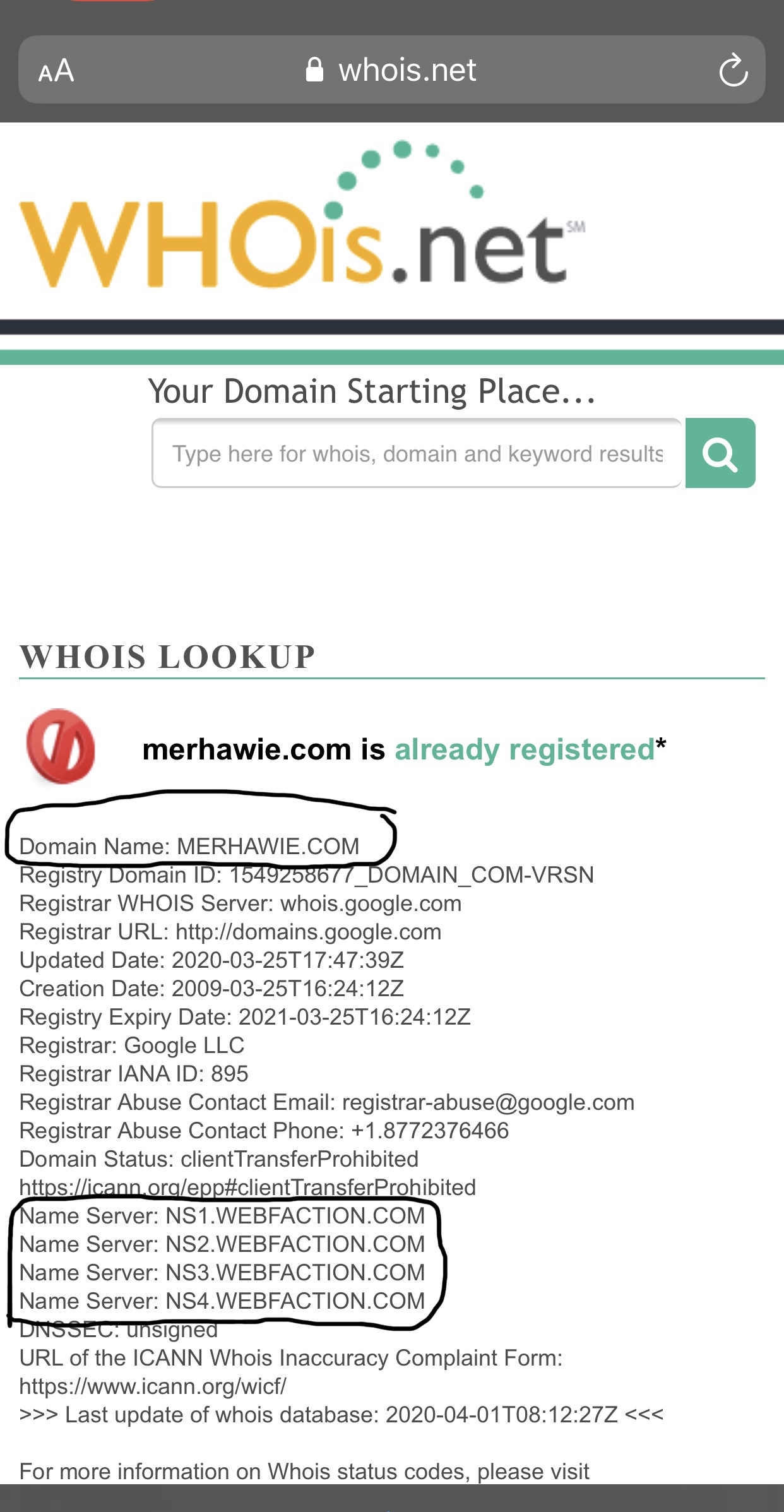SEATTLE, WA – As the coronavirus crisis continues to propagate throughout the globe, Eritreans in the diaspora fear for the health and safety of their loved ones inside Eritrea. According to NationMaster’s 2005 study, Eritrea is limited to one (1) physician for every ten thousand (10,000) people. The World Health Organization suspects every country could have up to 30% of its population infected by the coronavirus, and of the 30%, 5% would require intensive care unit treatment. Eritrea’s population size is close to 5 million; this could mean that 75,000 people would require intensive care treatment.
Structural Engineer Merhawie Woldezion of Santa Clara, CA – launched The Eritrea COVID-19 Response Fund website on behalf of the National Council of Eritrean Americans (NCEA) “to help support the Ministry of Health in Eritrea engage in lifesaving work to prevent, detect, and respond to the COVID-19 pandemic”. On March 27, TesfaNews tweeted, “the total donation in the last 36 hours [is now close] to USD $400,000.”
Eritrean national Azieb Mihtsun from Chicago pledged to donate USD $100,000 (yes, one hundred thousand dollars) for #EritreaFightsCOVID19 during the conference call yesterday.
— ⓉⓃ (@tesfanews) March 27, 2020
That puts the total donation in the last 36 hours close to USD $400,000.
ብዝወጸ ይተክእ, ኣዜባ! pic.twitter.com/GERc0Q6ncQ
But how do we know the Eritrean government will use the money to help solve the coronavirus crisis and is this a nonprofit fund? Here are some questions and answers about how the money is collected and who’s behind the campaign:
So where is the money going, and how is it getting collected?
Offline. To submit offline payments, users must print, complete, and mail this form to the Embassy of Eritrea in Washington, DC. There is no anonymous donation option available. There is cause for concern over why so much personal, private information is requested and, most notably, why is there a request for an Eritrean ID? How to Access the Form (Video)
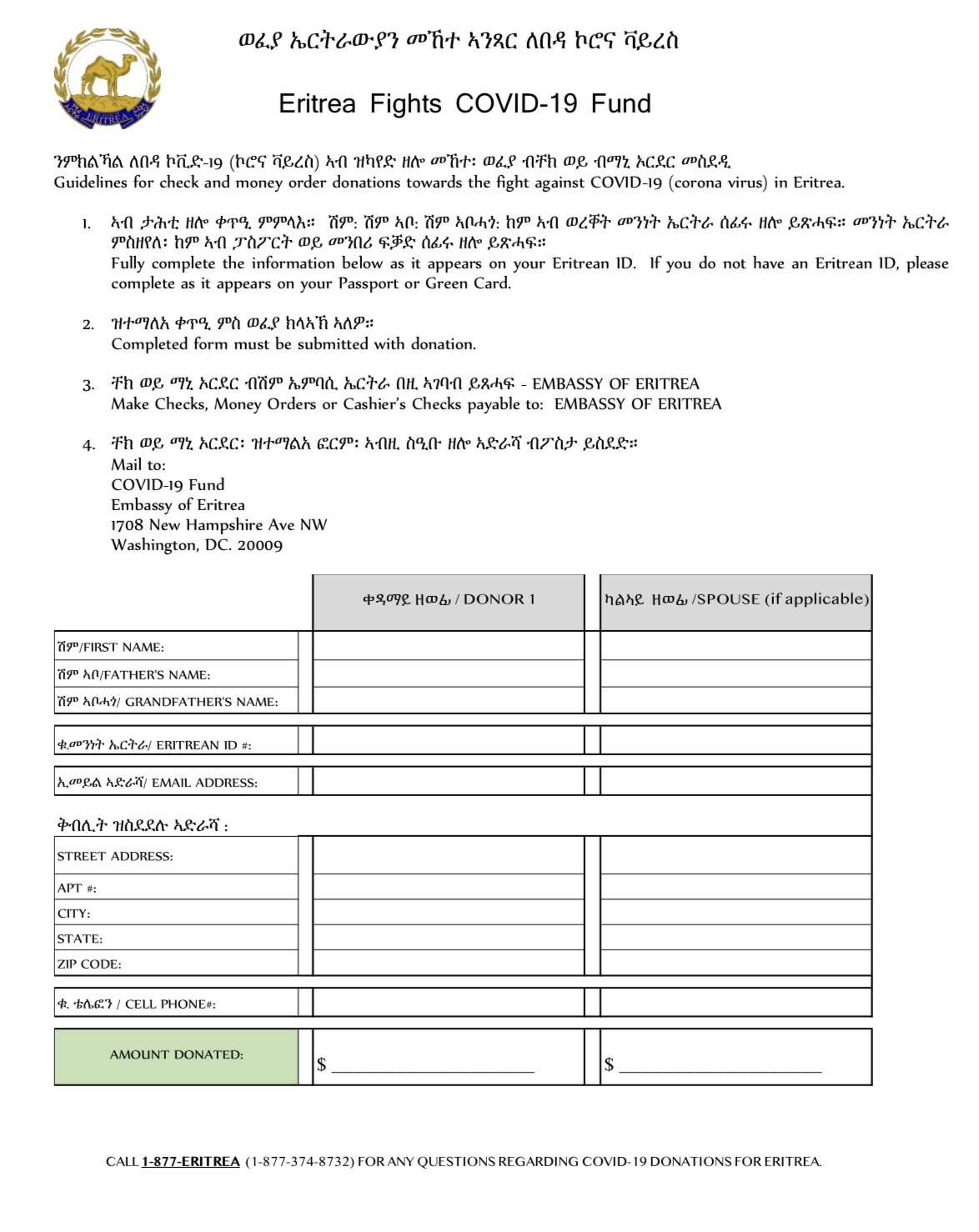
Online. The PayPal payment process reveals the account used for accepting payments is the Eritrean Cultural and Civic Center or “E.C.C.C.” This could be the ECCC in Oakland or the ECCC in Washington, DC. According to the Internal Revenue Services, both Oakland and District of Columbia ECCCs are charity nonprofits under section 501(c)(3) of the Internal Revenue Code.
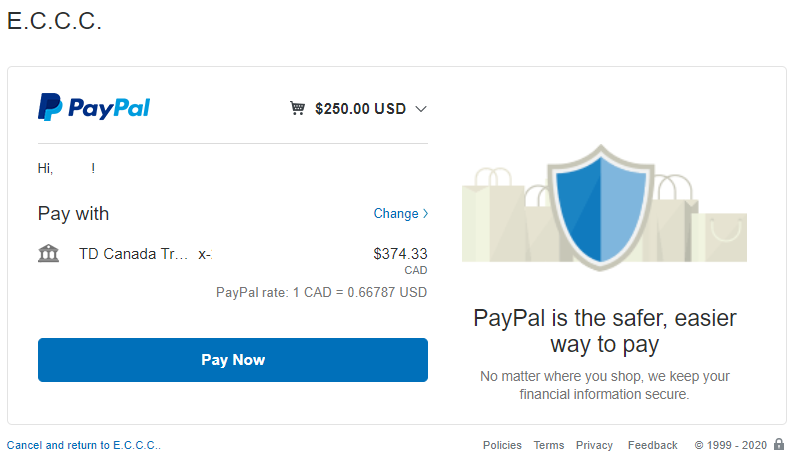
What are Washington, DC, and California solicitation laws?
Washington, DC. Under Charitable Solicitations Code 44-1705 – “No individual shall solicit in the District of Columbia unless [he/she] exhibits a solicitor information card[…]”
California. Business and Professions Code 17510.3, subd. (a) – “before engaging in solicitations organizations must disclose names and addresses of each organization collecting funds for charitable purposes, tax-exempt or non-tax-exempt status, and the deductible percentage of the charitable contribution.”
The name and address of the Eritrean Embassy in DC are visible, however, the name, address, and tax-exempt status of the ECCC charity collecting the Paypal payment is not disclosed, nor is the percentage of tax or non-tax deductibility of charitable contributions.
State of California Government Code 12599.6, subd. (f) – prohibits misrepresentation and fraudulent conduct that creates a likelihood of confusion or misunderstanding.
What do we know about the eritreafightsCOVID19.org domain?
According to data collected from GoDaddy.com, Woldezion launched the website on March 23. The campaign’s domain is currently hosted by the same server that hosts merhawie.com and eccoakland.org. Oakland ECCC’s donation collection format is almost identical to the COVID-19 fund’s payment section. The difference is the Oakland ECCC discloses proper solicitation information, provides an anonymous donation option, and does not request an Eritrean ID, passport, or green card. Investigators also spoke with the domain host representatives:
GoDaddy: “We cannot say the website is made for charitable purposes. We do not want [you] to waste your money.”
Google: “[…]In the end, it will be your decision if you will trust the website for donating.”
Who is the developer that published the domain?
In a 2011 article for The Mercury News, author Matt O’brian stated, “Woldezion is a dual citizen of the United States and Eritrea. Contributing two percent of his income each year allows him to do engineering work in Eritrea.” Woldezion added, “I kind of think of [the 2% tax] as a little bit of my part.” Woldezion took to social media on March 21 and wrote: “COVID-19 crisis in #Eritrea is a serious matter for the MOH (and all in Eritrea) to manage urgently. Don’t confuse matters by taking the focus off this ball. Let’s all do our part!?” A few days later, the #EritreaFightsCOVID19 hashtag was created and has since proliferated throughout the global Eritrean community.
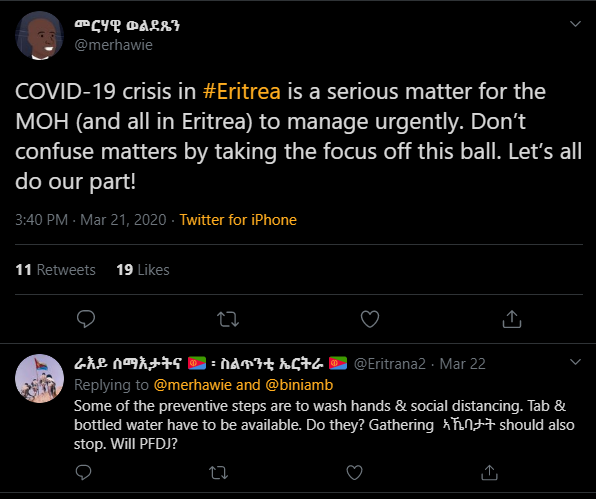
Are there risks to organizations or individuals sending money through Eritrean Embassies?
U.S. Human Rights Report documented in 2019 that Eritrea’s government laws do not subject public officials to financial disclosure. Eritrean dual citizens pay and submit a form for 2% tax to obtain contracts and continue to do business inside of Eritrea. There have been many cases (e.g., 2013, 2014, 2015, 2018) worldwide where Eritrean Embassy officials have accepted bribes and harassed or unfairly treated Eritrean asylees or newcomers that fled from oppression in Eritrea, and Eritreans not in support of the 2% tax. Quid pro quo is considered unlawful under the U.S. Foreign Corrupt Policies Act.
Are there alternatives to sending money?
On March 22, Jack Ma sent millions of medical supplies from his Alibaba company factories and manufacturers to Addis Ababa to help mitigate the COVID-19 crisis in Africa. Those same factories and manufacturers are accessible to us all. On March 28, our correspondent in China notified us Saturday morning of the manufacturing schedules and delivery times from several different factories prepared to ship hundreds of thousands of mouth swabs, disposable masks, disposable gloves, and ventilators. Express shipments average between 10 to 15 business days to manufacture and complete deliveries. On March 29, our China correspondent shared that shipping directly to the U.S. Embassy in Eritrea can take 7-10 business days. Contact the Eritrean Embassy in your country, your country’s Embassy in Eritrea and Ethiopia, or NGOs shipping supplies to Africa to execute shipping strategies.
How much time do we have to help?
On March 18, Bill Gates took to Reddit for an open discussion on the COVID-19 pandemic and to address how other countries have successfully reduced cases, “If a country does a good job with testing and ‘shut down’ then within 6-10 weeks they should see very few cases and be able to open back up.” It has been reported that Eritrea began its lockdown on the morning of March 31, 2020. Though the increase in cases may slow down, a vaccine likely won’t be available for 18 months.
Interested in working together?
Reclaim Eritrea wants to help start a fund towards donating medical supplies to help fight COVID-19 in Eritrea. We promote transparency and encourage frequent expense reports. To join us in the planning process, email us at [email protected].

